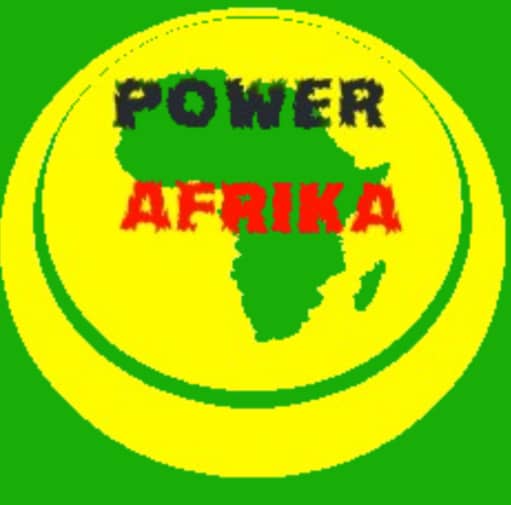
I. Why Justice Is a Virtue
Justice is a virtue because it is the custodian of harmony—the principle that ensures that no part of the whole is neglected, exploited, or erased. It is the virtue that presupposes an understanding that each human being possesses an intrinsic worth that must not be violated. But unlike other virtues, which may reside in the private realm of character (such as patience or humility), justice is inherently relational. It is how character manifests in our interactions with others, institutions, and society.
Justice is a virtue because it demands discipline in perception—one must be willing to see others not as extensions of oneself, nor as means to an end, but as independent centers of value. It demands courage in action—because to act justly often requires resistance against the established order, and to redress wrongs is to risk reprisal. It demands integrity in decision-making—because one must be incorruptible, unbribed by tribe, ideology, or even convenience. And finally, it requires wisdom—to perceive the complex web of causes and effects that produce injustice, and to untangle it without becoming entangled.
II. Justice Beyond Fairness: A New Interpretation
Justice has too often been shackled to the notion of fairness—a term that reduces it to equal distribution or transactional balance. But this interpretation is narrow, utilitarian, and even dangerous when used to justify sameness where equity is needed.
We must elevate justice into what I shall call Sacred Equilibrium—a principle that transcends fairness and operates according to moral geometry. Sacred Equilibrium seeks not symmetry, but right proportion. It understands that a child from a war-torn village in the Congo cannot be treated as equal to the child of a billionaire tech mogul in terms of opportunity unless the historical, economic, and spiritual disequilibrium is acknowledged and addressed.
Justice, therefore, is not blind. It sees more clearly than any other virtue. It is not neutral; it is discerning. It does not treat all situations the same, but treats each according to what is morally required in order to restore the sacred balance.
III. Justice as Restorative Memory
Justice is also a virtue of memory. To be just is to remember rightly. A society that forgets its victims, its martyrs, its crimes, and its wounds cannot be just. It can build courts and pass laws, but its soul will be disfigured. In this way, justice becomes a form of collective memory work—not for the sake of resentment, but for healing, acknowledgement, and ultimately, the transcendence of cycles of vengeance.
This idea is vital in the context of post-colonial Africa. Justice here is not about revenge, but about narrative resurrection. It is about unburying the stories that imperialism tried to erase, about naming the unnamed, dignifying the dispossessed, and returning power—not just political power, but existential agency—to those who were silenced.
Thus, justice is not only a virtue, it is an act of resacralization—it reestablishes the sacredness of human beings and their stories in a world that profanes them for profit and control.
IV. Justice in the Hierarchy of Virtues
While courage breaks chains, integrity refuses to betray truth, and wisdom illuminates the path, justice builds the house in which all these virtues may dwell together. It is the architectural virtue—the one that gives shape and form to moral existence. It is the political expression of love and the ethical counterpart of truth.
It does not merely co-exist with the other virtues; it organizes them. Without justice, courage becomes reckless. Without justice, integrity becomes self-righteousness. Without justice, wisdom becomes detached elitism. Justice holds them accountable to the world.
It is not last in the hierarchy, but rather, the virtue in which all the others find their application in society. If courage is the flame, justice is the lamp that directs it. If wisdom is the eye, justice is the act of seeing with both clarity and compassion.
V. Why Justice Matters: A Teaching Moment
To the young visionary, the emerging leader, the African child who senses that something is wrong but lacks the language to name it—know this:
Justice is not vengeance. It is not cold legality. It is not the balancing of scales. It is the reaffirmation of dignity where it has been trampled.
Justice matters because a world without justice is not neutral—it is violent. Injustice is not simply the absence of fairness; it is the presence of structured harm, the normalization of inequality, the institutionalization of contempt.
Justice matters because you matter. Justice matters because Africa cannot rise on the back of selective memory. Justice matters because truth, without it, is powerless.
And when we invoke justice not as a legal category but as a sacred moral orientation, we are not merely demanding reparations—we are calling the world back to itself, asking it to remember the divine contract that life made with life: to uphold, protect, and dignify.
